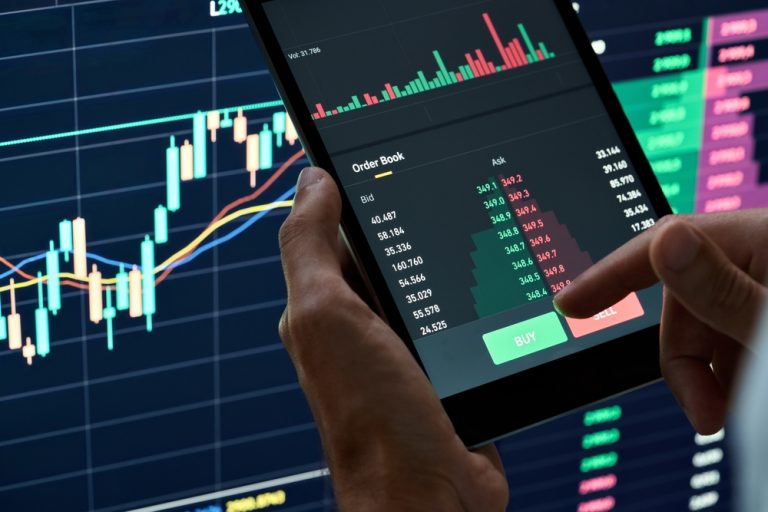Australian, Asian, and European Markets React to Tariffs
On Monday, the Australian share market saw a staggering $110 billion in value wiped out, with the benchmark ASX 200 index plunging by 4.2%. This drop built upon previous losses from Friday and Thursday, marking a turbulent period for global markets. The slide followed U.S. President Donald Trump’s recent tariff announcements, which triggered massive declines across Asia, Europe, and the U.S. markets. China’s indices saw sharp drops, with the Shanghai Composite losing over 7% and Hong Kong’s Hang Seng suffering a 13% wipeout. In Europe, Germany’s DAX dropped by 6%, while London’s FTSE fell nearly 5%. The sell-off indicates growing fears over the potential economic impact of Trump’s tariff policies.
Global Reactions to Trump’s Tariff Policy
Markets have been increasingly unsettled by Trump’s new tariff plan, which targets a wide range of imports, including from key U.S. allies. Despite initially underreacting, Australian traders were soon caught in the global sell-off as the full scale of the tariffs became clear. The market turmoil accelerated with concerns that the tariff war could significantly slow global growth and lead to broader economic instability. As global stock markets reeled from the effects, fears grew that the U.S. economy, already showing signs of slowing, could be further burdened by rising inflation and increased costs resulting from the tariffs.
Market Comparisons to the Global Financial Crisis
The current economic turbulence has sparked comparisons to the global financial crisis (GFC) of 2008. Like the GFC, the current sell-off follows a period of high asset prices, with markets having recently reached record highs, driven by tech stocks. The similarities include a period of low interest rates followed by rising inflation and increased borrowing costs. Satyajit Das, an analyst who had predicted the GFC, warns that Trump’s tariffs could be the beginning of a broader strategy to restructure the U.S. financial system, which may include forced exchanges of U.S. Treasury bonds and other disruptive financial policies.
Trump’s Tariffs: A Beginning, Not the End
Das argues that Trump’s tariff strategy could mark the first step in a broader financial overhaul, with far-reaching consequences for U.S. capital markets. His analysis points to risks such as the forced reconfiguration of U.S. debt and interference with free capital flows, which could ultimately undermine the dominant role of the U.S. dollar in global finance. The uncertainty surrounding these potential measures has already led to increased fear among traders, who are questioning whether Trump is capable of successfully executing such a plan. “Nothing is sacred,” said Das, reflecting the widespread anxiety over the unpredictability of the administration’s approach to economic policy.
Uncertainty and Fear Gripping Financial Markets
As Trump’s tariffs continue to shake global markets, traders and analysts are grappling with the uncertainty surrounding the future of U.S. economic policy. While the potential for positive changes remains, the risks are equally significant. Many are beginning to question the long-term viability of the U.S. dollar and U.S. Treasury bonds as “safe haven” assets, with concerns that the current administration’s policies may irreparably damage investor confidence in these traditionally stable financial instruments.
Economic Turmoil and Growing Fears of Long-Term Impact
The global market sell-off sparked by Trump’s tariff announcements has left investors worried about the potential long-term consequences for both the U.S. economy and the broader global financial system. As Trump’s policies continue to unfold, the uncertainty and fear gripping financial markets are unlikely to dissipate soon. With rising inflation, high fiscal deficits, and volatile asset prices, the economic outlook remains fraught with risks. The future direction of U.S. economic policy will play a critical role in determining whether the current turmoil is a temporary setback or a prelude to deeper systemic changes.


